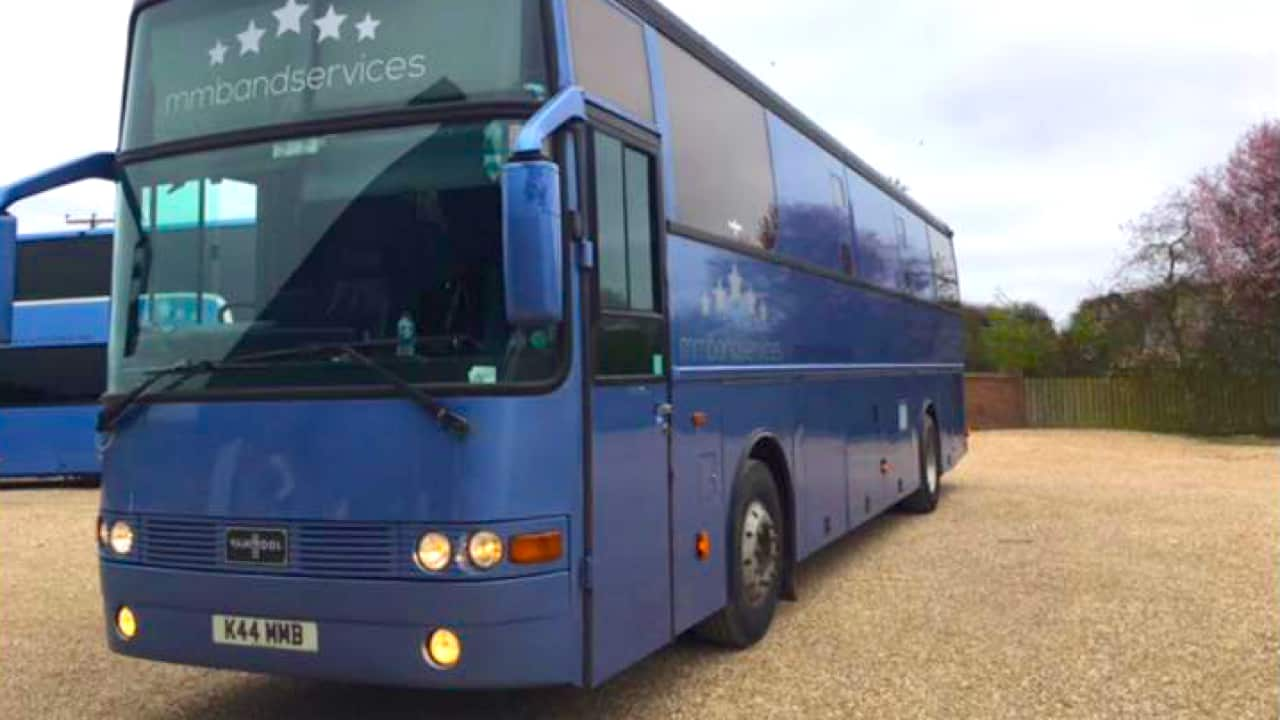What emotions arise when a homeless person asks you for money on the street? Do you mindlessly drop a few coins in a cup or completely ignore them? What about the fundraiser who stops you on your way to the supermarket? Do you listen while they plea their cause? Do you sign up for monthly contributions?
Parting with your hard-earned income can be difficult, especially if you're also struggling to pay bills and put food on the table. And not only that, there are so many people asking for donations, it's difficult to know which ones are most worthy and where your money will go.
My suggestion would be not to worry if you give a few coins away but try to avoid giving large amounts like $10 or $20.
The records that it receives 60-70 public enquiries expressing concern about charities every month. Around a third of these concerns are about where donated monies are spent and challenge how much of what the public donates goes to administration costs – not people in need.
Australians give each year so these concerns seem warranted. will produce annual reports to show where the money is spent and these can be sourced online.
But when you give directly to a disadvantaged person, face-to-face, there’s no official record stating how our cash is spent. Reverend Graham Long AM, CEO and Pastor at Wayside Chapel says although this is true, we shouldn’t be deterred from giving.
“My suggestion would be not to worry if you give a few coins away but try to avoid giving large amounts like $10 or $20. There are enough free food vans in Sydney to be certain that no one will ever starve,” says Long.
Poor people are not problems to be solved but people to be met.
has two community centres: Kings Cross and Bondi. They offer a variety of services for the homeless and less fortunate but it's not about giving a hand-out. It's about connecting and treating people with respect and understanding.
“Poor people are not problems to be solved but people to be met,” Long tells SBS. “The attitude that presupposes that the poor should be “fixed” is itself something that creates a divide and entrenches attitudes of us and them.”
Another organisation that focuses on creating human connections rather than giving hand-outs is Australia. The nationwide laundry service offer clothes washing for anyone “doing it tough” and who wishes to use it. They encourage their users to stay and have a chat. Those chats happen on their trademark-coloured chairs during the washing process.
“The connections between our volunteers and people doing it tough occur on the orange chairs that we carry aboard all our vans. The chairs are the catalyst for the conversations that occur on all of our shifts,” says Orange Sky CEO, Jo Westh.
Long says the biggest misconception about the homeless is the assumption that they are a different breed of human or they just need to get a job.
“Most don’t realise that anyone can become homeless within weeks. Some mental illnesses onset with little warning. In such a situation, if there is no family back up and no financial resources, it is only a matter of weeks until a person faces homelessness. Many homeless people were professional people. They all have stories and none of them ever set out to be homeless.”
Most don’t realise that anyone can become homeless within weeks.
There are countless national and international charities and nonprofits rallying against poverty and homelessness. But with , these organisations rely on public support and regular donations.
Donations of food, clothing and household items are just as welcome as volunteering your time or giving monetary contributions. There's another simple and effective way to directly support the homeless says Reverend Long.
“My strong recommendation is to say hi and perhaps talk about the weather or the football or just any brief conversation that acknowledges that the person is not invisible, that they are worthy of a conversation.”
Wayside Chapel welcomes hundreds of people through their centres and cafes each week. They offer clean clothing, showers, low-cost meals, counselling, structured activities and accommodation support.
“Great stories abound of people who have escaped homelessness and built new lives,” says Long. “Support such charities generously because many people are doing awesome work.”
Orange Sky does not use the term homeless, nor do they assess whether someone is rich or poor says Westh.
“Homelessness doesn't define a person so why put that label on people? Each person is unique, each with his or her own story. At Orange Sky we want to listen to those stories and let trust and confidence build.”
Westh says many of the people Orange Sky meet have had painful experiences which requires specific and personal solutions.
“There is no one approach that will be appropriate for all,” says Westh. “Why not start with providing basic human contact, and clean clothes.”
Struggle Street series two is produced by KEO Films with funding support from Screen Australia and Film Victoria.






